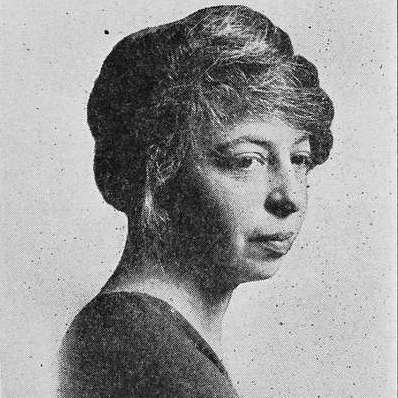Angelina Weld Grimké
Born: UNKNOWN
Angelina Weld Grimké was born in Boston on February 27, 1880. Grimké's first poems appeared in the early 1900s in Colored American Magazine, The Boston Evening Transcript, and The Pilot. Grimké penned her best-known work, the play Rachel, in response to W. E. B. Du Bois’s call for Black theatrical productions. The play, which examined the impact of a lynching on an African American family, was staged in Washington, D.C. in 1916 and published in 1920. It was the first drama penned by an African American and performed by African American actors for a white audience. Grimké next published the short story “The Closing Door” in The Birth Control Review of 1919. Her work also appeared in Harlem Renaissance-era anthologies, including Countee Cullen’s Caroling Dusk (Harper and Brothers, 1927); Charles S. Johnson’s Ebony and Topaz (National Urban League, 1927); Alain Locke’s The New Negro (Atheneum, 1925); and Robert T. Kerlin’s Negro Poets and Their Poems (The Associated Publishers, 1923). Her poetry has experienced a revival in recent decades, with particular attention on her erotic love sonnets addressed to women, such as “Grass Fingers” and “El Beso,” leading to new recognition for Grimké as a lesbian poet. Source
Grimké died on June 10, 1958.
